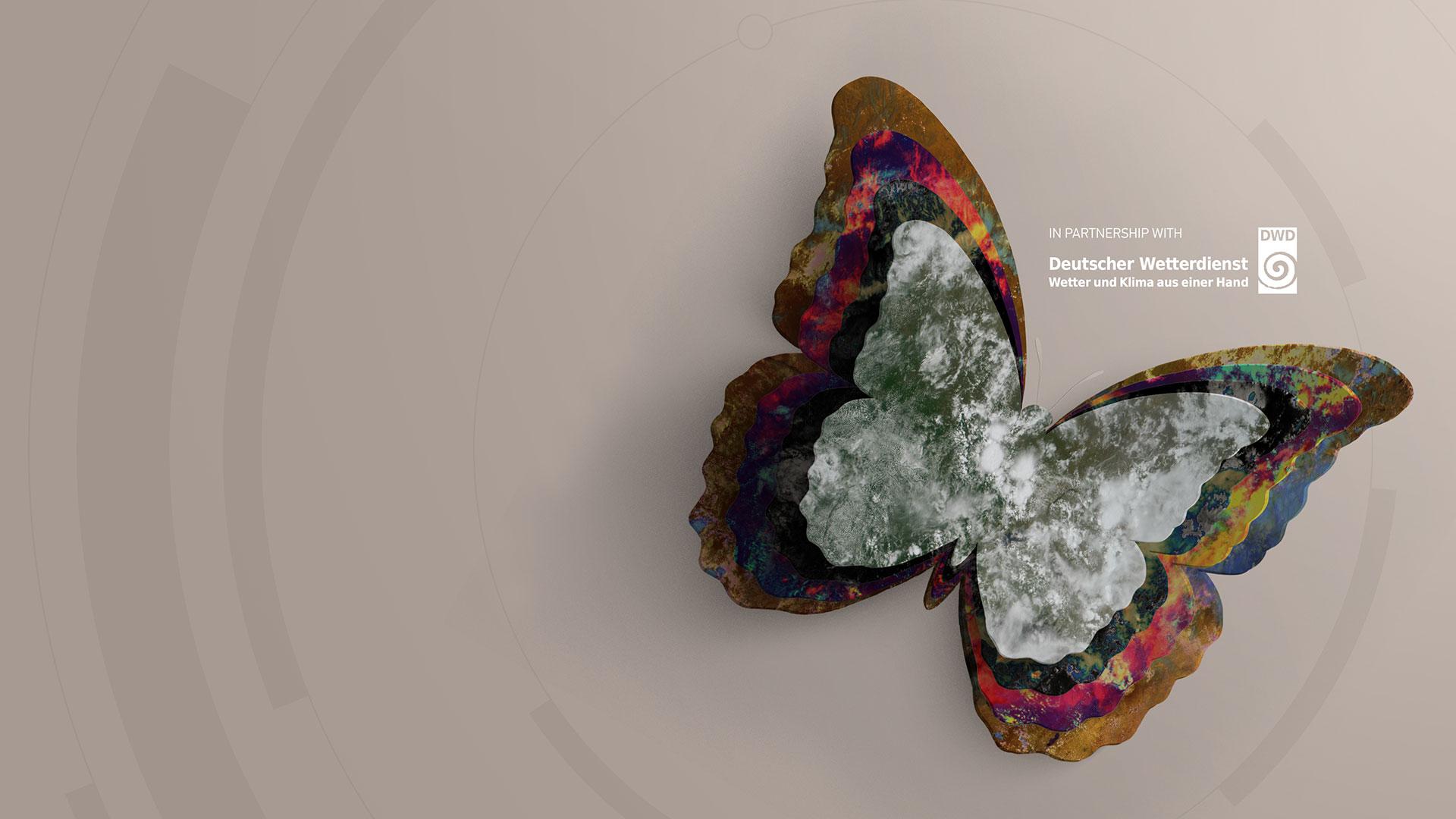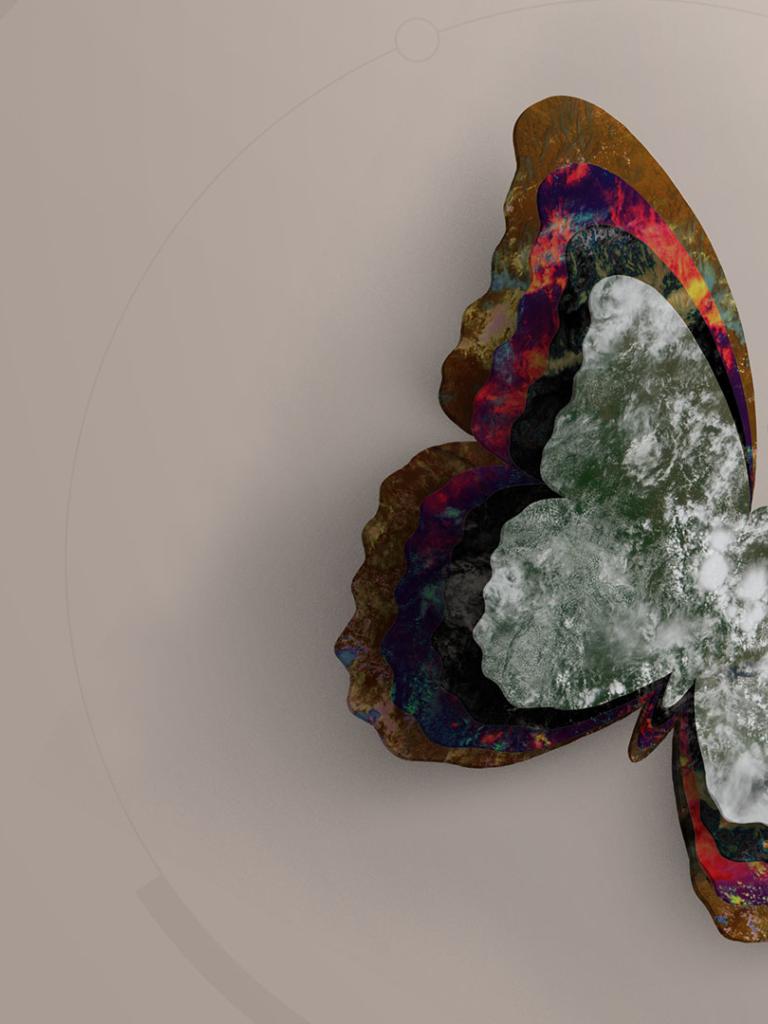EUMETSAT Meteorological Satellite Conference 2026
The 2026 EUMETSAT Meteorological Satellite Conference will take place in Darmstadt, Germany.

Second announcement


09:00-10:00: MTG FCI Status Update
12:45-13:45: Early Career Scientists Event
09:00-10:00: From Level-1 Observations Directly to Multi-Day Weather Forecasts Using Machine Learning
For detailed information see the full program.
This session aims at providing an overview of National and International Programs for Environmental Satellites. We will invite the satellite operational agencies and research institutions to present their present and future horizons for Environmental satellite programmes.
As several months of operations of the MTG imager will be behind us, we are seeking product evaluation and scientific assessment, as well as first-hand experiences on operational utility in several application domains (i.e. nowcasting for high impact weather). The session would consider also preliminary contribution to NWP and nowcasting applications/assessments.
We will explore the upcoming missions for operational Earth Observation (EO), such as microwave constellations, new wind measurements, and Altimetry (e.g, Sterna, Aeolus). Our interest lies in understanding the priorities of these missions and how they address various user needs. We will also delve into the preparatory and validation efforts, as well as the pre-assessment studies, encompassing both scientific and socio-economic aspects. Preparation to EUMETSAT programmes and preparatory studies for the exploitation of MWI, ICI and IRS sounder are welcome.
We aim to explore the adoption of AI and ML methods in the creation of novel algorithms and products, along with the utilization of foundation models to streamline the exploration and application of satellite data. Additionally, we are interested in experiences related to data curation, including data selection, annotation, generation, and refinement. NWP applications, with a specific focus on nowcasting and short term weather prediction, will be a priority. We also welcome presentations on Cloud based system use cases, where technical lessons learned can be shared to expedite the integration and visualization of satellite data.
The assessment of climate variability at many scales including for climate change has gained strong momentum and needs to evolve for new IPCC cycle assessment and other international initiatives, such as Early Warning for all. Climate Data Records (CDRs) - developed by applying modern data analysis methods to historical global and regional satellite data - are robust, sustainable, and scientifically sound data records that can provide trustworthy information on how, where, and to what extent the land, oceans, atmosphere and ice sheets are changing. They form an important input to manage natural resources and agriculture, support activities providing energy from renewable sources, measure environmental impacts on human health and community preparedness, and inform policy development and decision making for other sectors and interest groups. This session explores usage of satellite data in various climate application areas, new data products demonstrating value for applications, and new needs for climate data products.
Moving towards a seamless Earth-system approach has been a major advancement in weather prediction, with respect to 20 years ago. Progressively, weather forecast benefits from coupled models across different components of the Earth System (e.g., ocean–atmosphere, land–atmosphere, ocean–ice–atmosphere, atmospheric composition). So, this session aims at exploring algorithm and product developments for several of the Earth system components, considering also data assimilation aspects, and their utility in the operational context. Specifically, atmospheric composition, GHG, hydrology, coastal ocean applications would be a dedicate focus.
This session aims at highlighting case study analyses and lesson learnt. We would specifically explore data and products development for emerging services, such as wild fires, volcanic eruption, chemical compounds release, energy, flash flood rapid warnings. Assessment of their use and utility would be welcome.
Data access and cloud-based processing technologies. This session seeks to provide a snapshot of the current landscape, good practices, and future directions in the use of different data access methods and tools based on concrete use cases using satellite data, reaching from near-real time data access to full time series access, and processing including cloud-based services. Data dissemination, direct readout, online data access, data-proximate compute across multiple clouds, data streaming, serverless functions, data cubes, as well as concepts of trusted provenance are examples of technologies, solutions and methods that play a role. Platforms and services for accessing, processing and visualizing satellite data, together with data and meta-data formats and standards are relevant topics for this session. Specific use cases on cloud computing and its advantages for handling large satellite datasets and cloud storage solutions are welcome.
Operational weather forecasters attending the conference, as very important current and new data users, will be offered an opportunity to meet in two special sessions, where they would discuss first their expectations and later their experiences of the conference.
Registration is mandatory for all networking events at the conference. For catering purposes, please indicate on the registration form which networking event you will attend and whether you will be accompanied (limited to one accompanying person). Please note that for some events we have a limited number of participants and tickets will be allocated on a first come, first served basis.